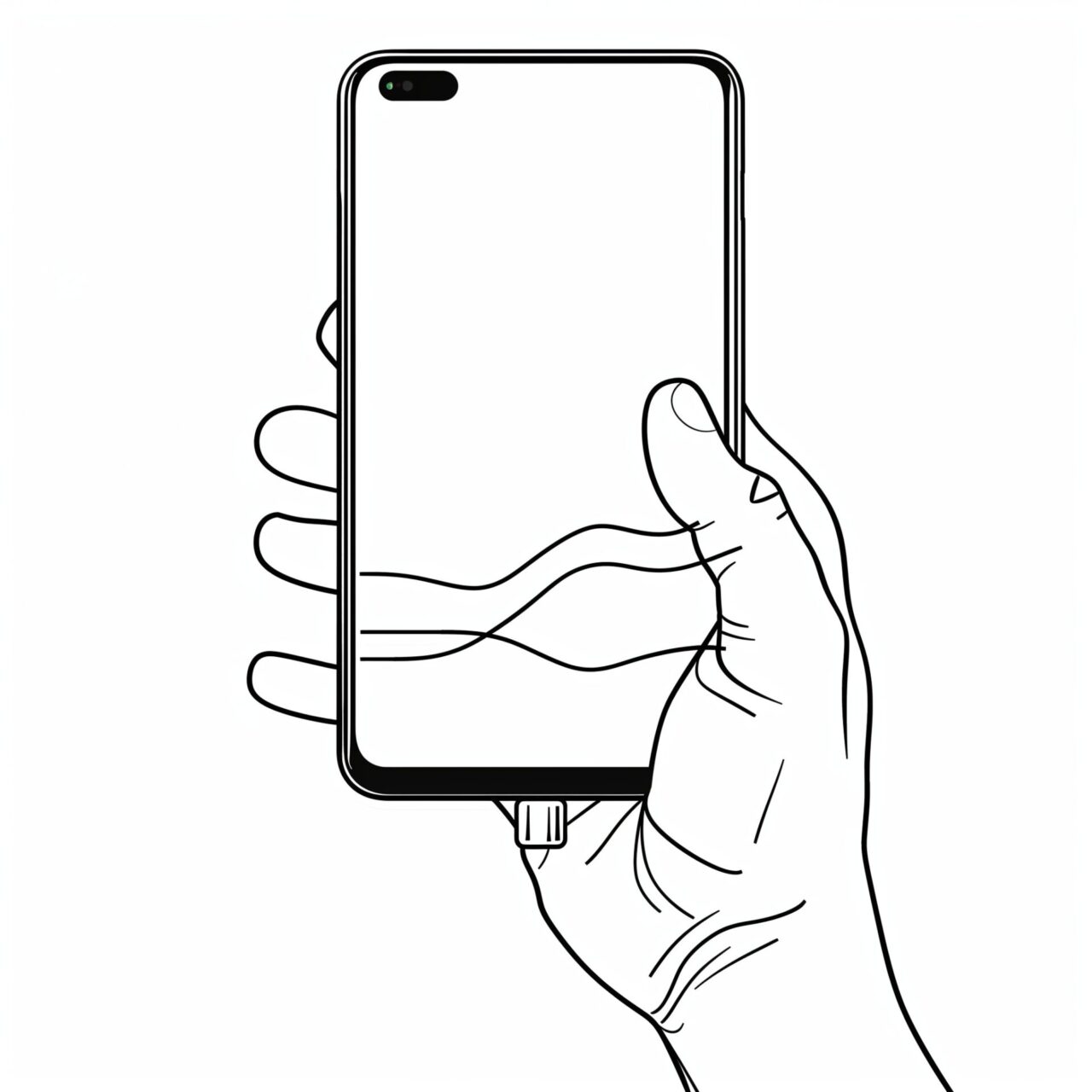
Gene scissors and money machines
Welcome to the era of biotechnology, where DNA is not just a molecule, but also a currency. In the laboratories of genetics corporations, genes are juggled as if they were share prices – and in some ways they are. These corporations, often described as modern-day alchemists, strive to rearrange the building blocks of life in order to find solutions to diseases, nutritional problems and even the ageing process. But while scientific progress is advancing rapidly, ethical concerns and social debates often fall by the wayside.
The CRISPR-Cas9 revolution: cutting and pasting at the molecular level
Let’s start with the biotech superstar: CRISPR-Cas9, a pair of genetic scissors that makes it possible to precisely cut and edit DNA. This technology has opened the doors to a new age of genetics in which genetic defects can be “corrected” and traits “added”. Sounds like science fiction? Sure, but this science fiction has now found its way into scientific journals and biotech start-ups. CRISPR is not only a scientific tool, but also a symbolic sign of the biotech industry’s growing power to manipulate biological processes at will.
Genetics corporations: between profit and Prometheus
The big players in the world of biotechnology – let’s call them the “Gene Giants” – often operate at the interface of science and capitalism. Their mission: to push the boundaries of what is possible and profit handsomely in the process. This is where patented plants meet genetically modified superbabies. The highlight: while research is progressing, stock market values are also growing. But all that glitters genetically is not gold. The trade in genetic patents and the monopolisation of seeds raise serious questions about bioethics and biodiversity.
Genetic manipulation: the new designer baby?
The possibility of editing the genetic material of embryos raises a host of ethical questions. Can we justify carrying out genetic “upgrades”, and if so, who decides what constitutes an upgrade? The debate about designer babies is more than just an ethical discussion; it is a reflection of our societal values and fears. In a world where everything can be optimised, from our mobile phones to our lives, the temptation to optimise the human gene pool seems almost inevitable.
Pop culture as a genetic echo
Pop culture has long since begun to take up and reflect on these issues. Films such as “Gattaca” and series such as “Orphan Black” show us dystopian visions of a world dominated by genetics, in which genetic discrimination and the search for genetic perfection are part of everyday life. These stories are not just entertainment; they are also part of a larger social debate about the role of genetics in our future.
Ironically, the same technologies developed to eradicate disease could create new forms of social inequality. In an ironic twist, access to advanced genetic therapy could become another marker of social divide – the genetic divide. Imagine a world where your genetic profile determines not only your health, but also your credit score. Sounds absurd? Perhaps. But in biotechnology, as in science as a whole, what was unthinkable yesterday is often possible today.
In conclusion, the world of genetics companies and biotechnology is a world full of possibilities and dangers. It challenges us to redefine the boundaries of our knowledge and ethics. As we explore these new biotechnological horizons, perhaps we should also pause for a moment to consider how far we want to go and at what cost. Because as Spider-Man’s Uncle Ben once said, “With great power comes great responsibility.” In the world of genetics, that power is greater than ever.


